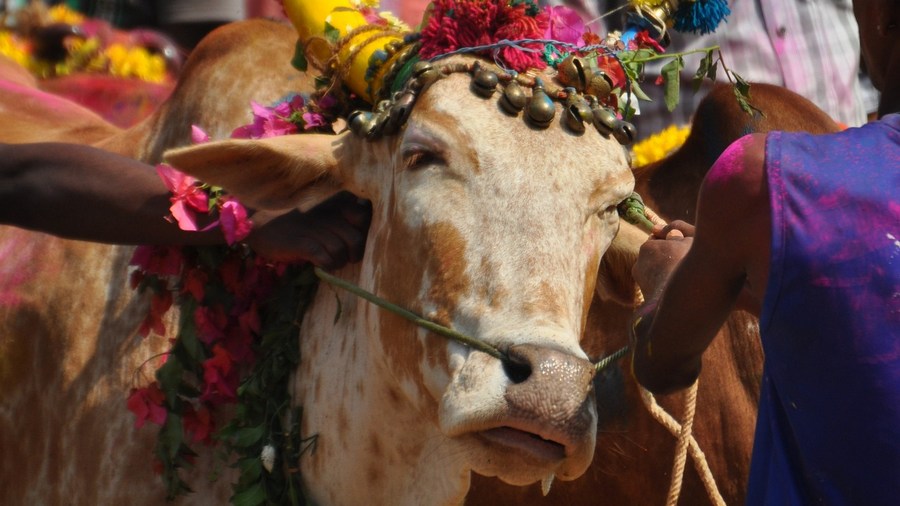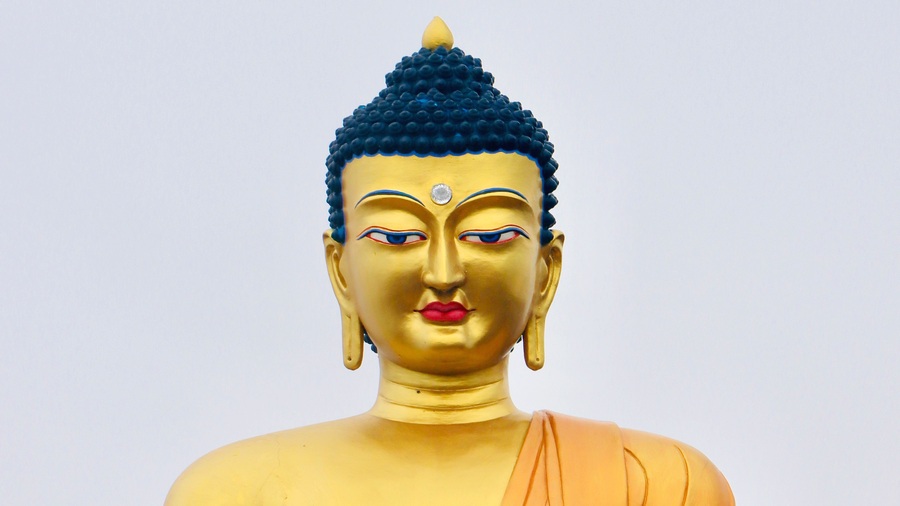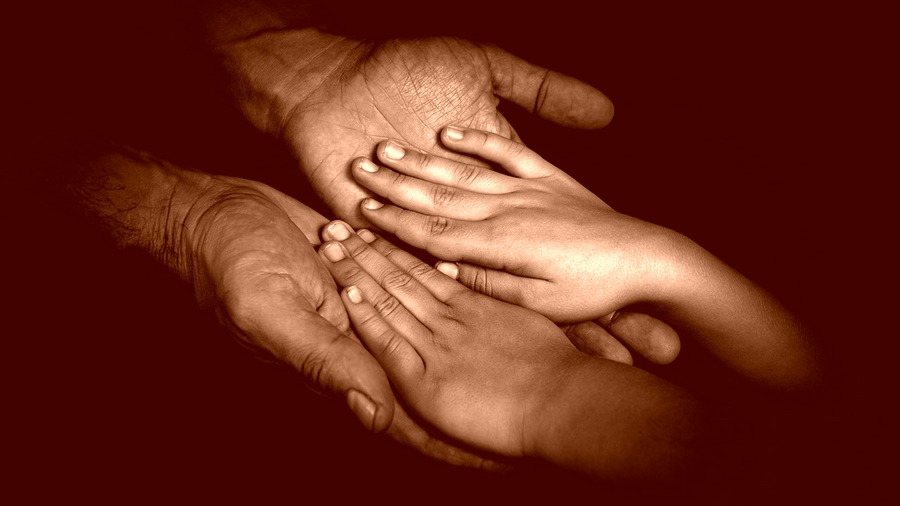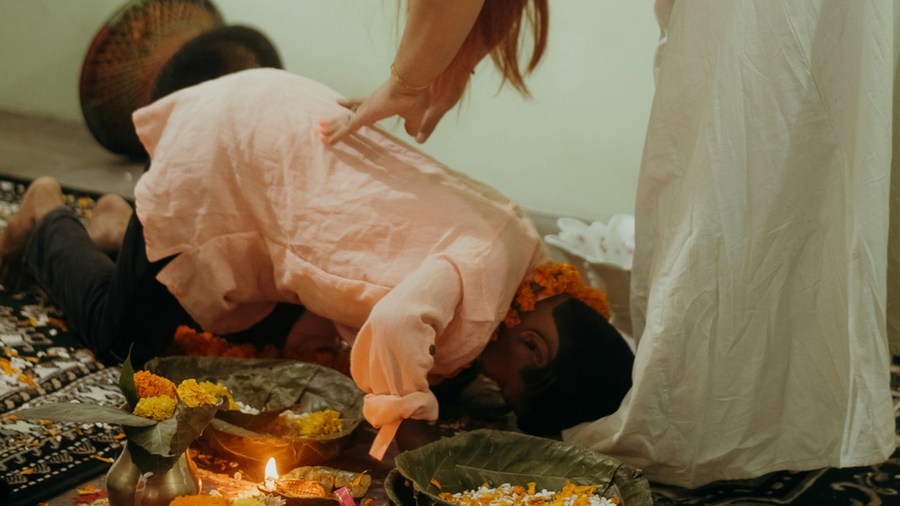We would like to share your testimonials for the daily sutta email service. If you have something to contribute, please fill out this form. These will be used to help other people to decide if they would like to sign up for the service. Submissions are anonymous and can be credited simply by your initials if you like.
Ok, now on to today’s sutta:
At the city of Sāvatthī…
Then a certain father of the brahmin caste wearing a dirty shabby outfit, went up to the Buddha, and exchanged greetings with him. When the greetings and polite conversation were over, he sat down to one side. The Buddha asked him, “Dear father, why are you wearing a dirty shabby outfit?”
“Master Gotama, I have four sons. At their wives’ order my sons chased me out from my house.”
“Well then, father, memorize these verses that I am going to teach you now and recite them when your sons are all seated in the assembly hall with a large crowd.”
The Buddha:
“I was overjoyed when my sons were born,
and wished for them the very best.
But at their wives’ order they chased me out,
as dogs chase out a pig.
“These nasty sons are mean,
though they called me dear dad.
They’re cruel demons in the shape of sons,
throwing me out as I’ve grown old.
“Like an old, useless horse,
led away from its fodder,
the elderly father of those fools,
begs for food at others’ homes.
“Even my walking stick is better,
than those disobedient sons,
because this stick drives off a wild bull,
and even a wild dog.
“It goes before me in the dark,
on uneven grounds it supports me.
By the wonderful power of this stick,
when I stumble, I stand firm again.”
Having memorized those verses taught by the Buddha, the father recited them when his sons were all seated in the assembly hall with a large crowd.
“I was overjoyed when my sons were born,
and wished for them the very best.
But at their wives’ order they chased me out,
as dogs chase out a pig.
“Like an old, useless horse,
led away from its fodder,
the elderly father of those fools,
begs for food at others’ homes.
“Even my walking stick is better,
than those disobedient sons,
because this stick drives off a wild bull,
and even a wild dog.
“These ungrateful sons are mean,
though they called me dear dad.
They’re cruel demons in the shape of sons,
throwing me out as I’ve grown old.”
Then those sons brought him back home, bathed him, and gave him two new cloths.
Then the father, taking one of the cloths, went to the Buddha and exchanged greetings with him. When the greetings and polite conversation were over, he sat down to one side and said to the Buddha, “Master Gotama, as you know I am from the brahmin caste and according to our tradition we offer gifts to our teachers. Master Gotama is also one of my teachers now. May Master Gotama please accept my gift!”
So the Buddha accepted the cloth out of compassion. Then the father said to the Buddha, “Excellent, Master Gotama! Excellent! Just as if someone turned upright, what was upside down, revealed what was hidden, pointed out the path to whoever was lost, or lit a lamp in the dark so people with good eyes could see what’s there, Master Gotama taught me the Dhamma, which is clear in many ways. I go for refuge to Master Gotama, to the Dhamma, and to the Saṅgha. From this day forth, may Master Gotama remember me as a lay follower who has gone for refuge to the Triple Gem for as long as I live.”
Read this translation of Saṁyutta Nikāya 7.14 Mahāsāla Sutta: Father by Ven.Kiribathgoda Gnananda Thero on SuttaFriends.org. Or read a different translation on SuttaCentral.net, or DhammaTalks.org. Or listen on PaliAudio.com or SC-Voice.net. Or explore the Pali on DigitalPaliReader.online.
Or read a translation in Deutsch, বাংলা, Català, Español, Bahasa Indonesia, Italiano, 日本語, မြန်မာဘာသာ, Norsk, Português, Русский, සිංහල, ไทย, Tiếng Việt, or 汉语. Learn how to find your language.









